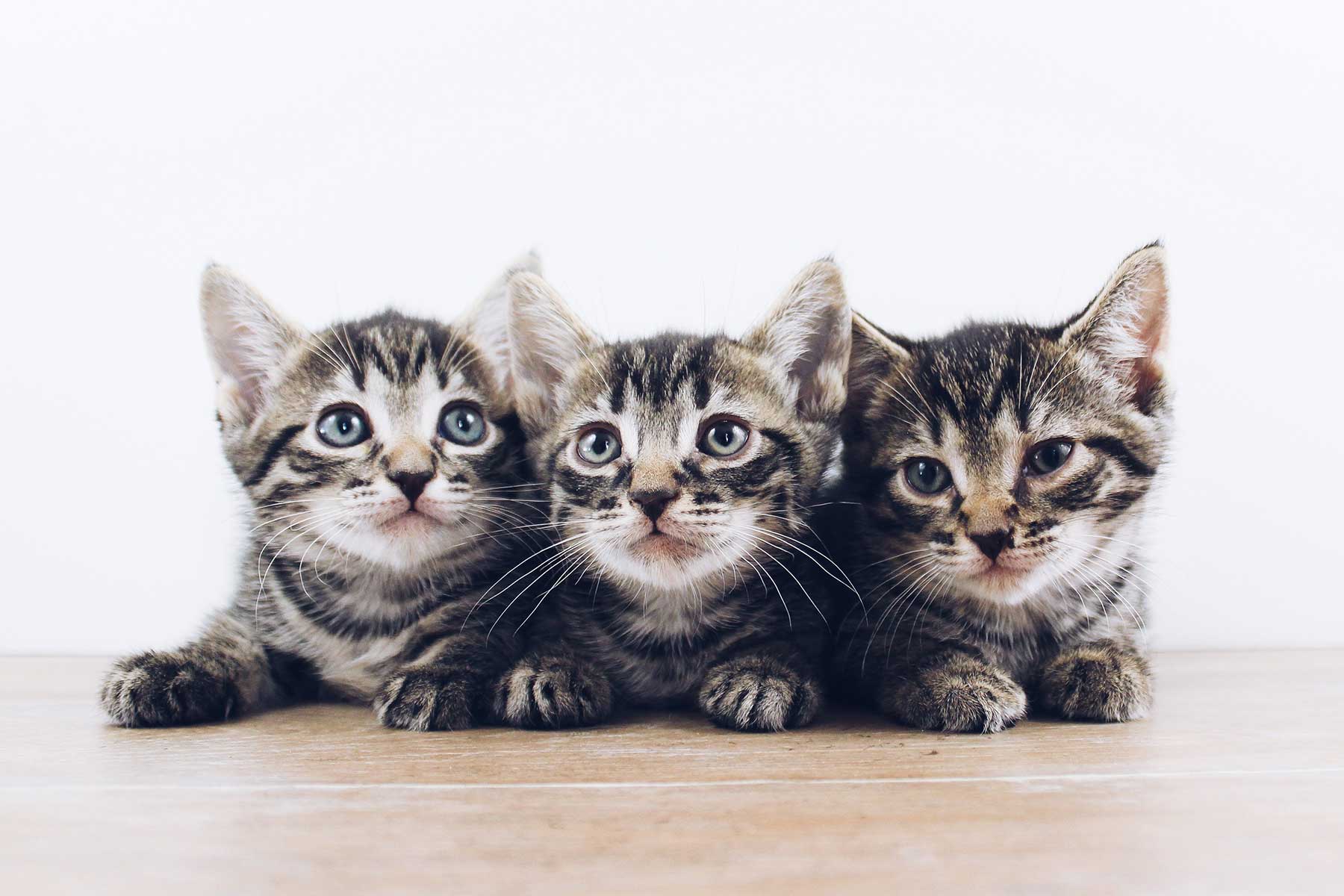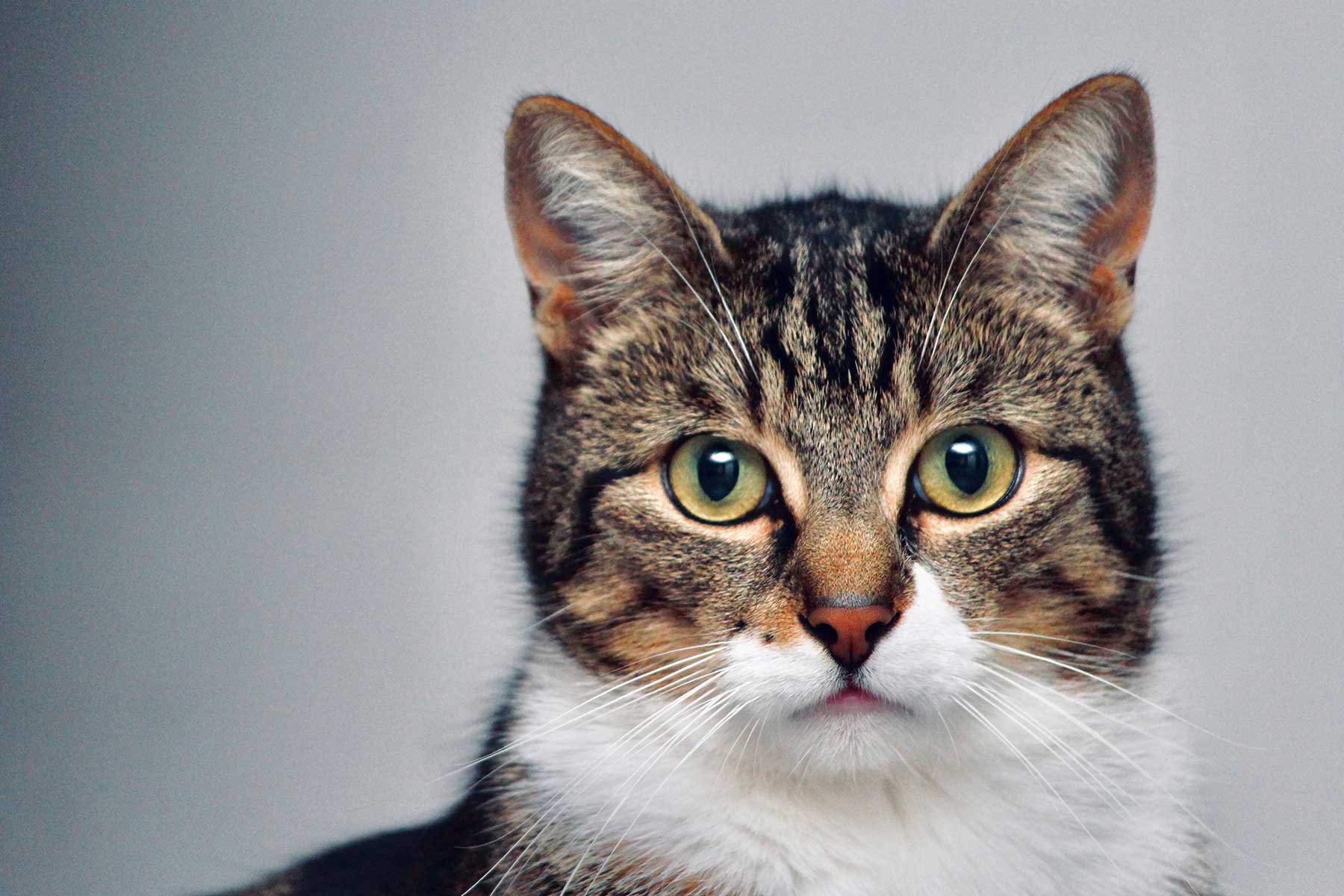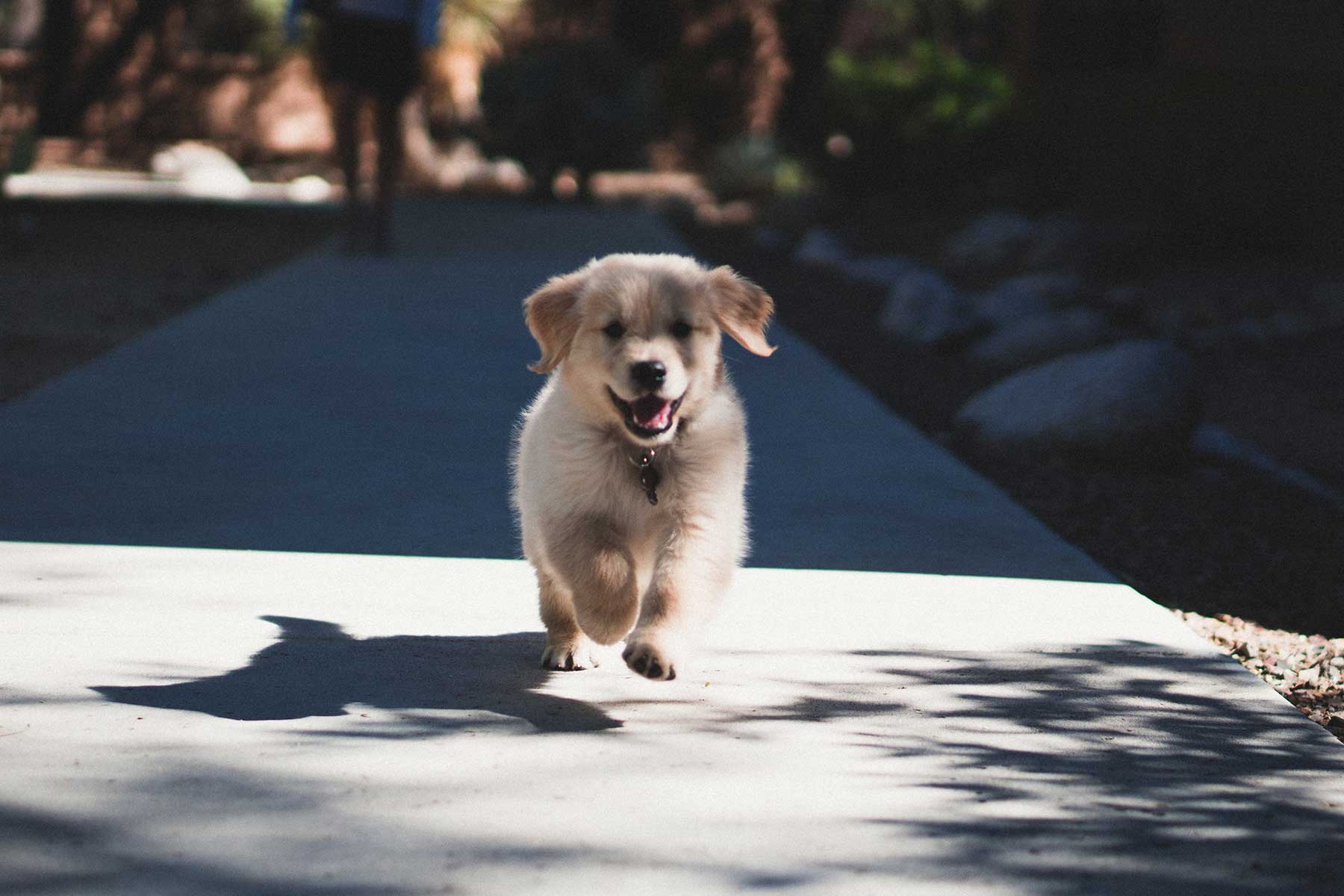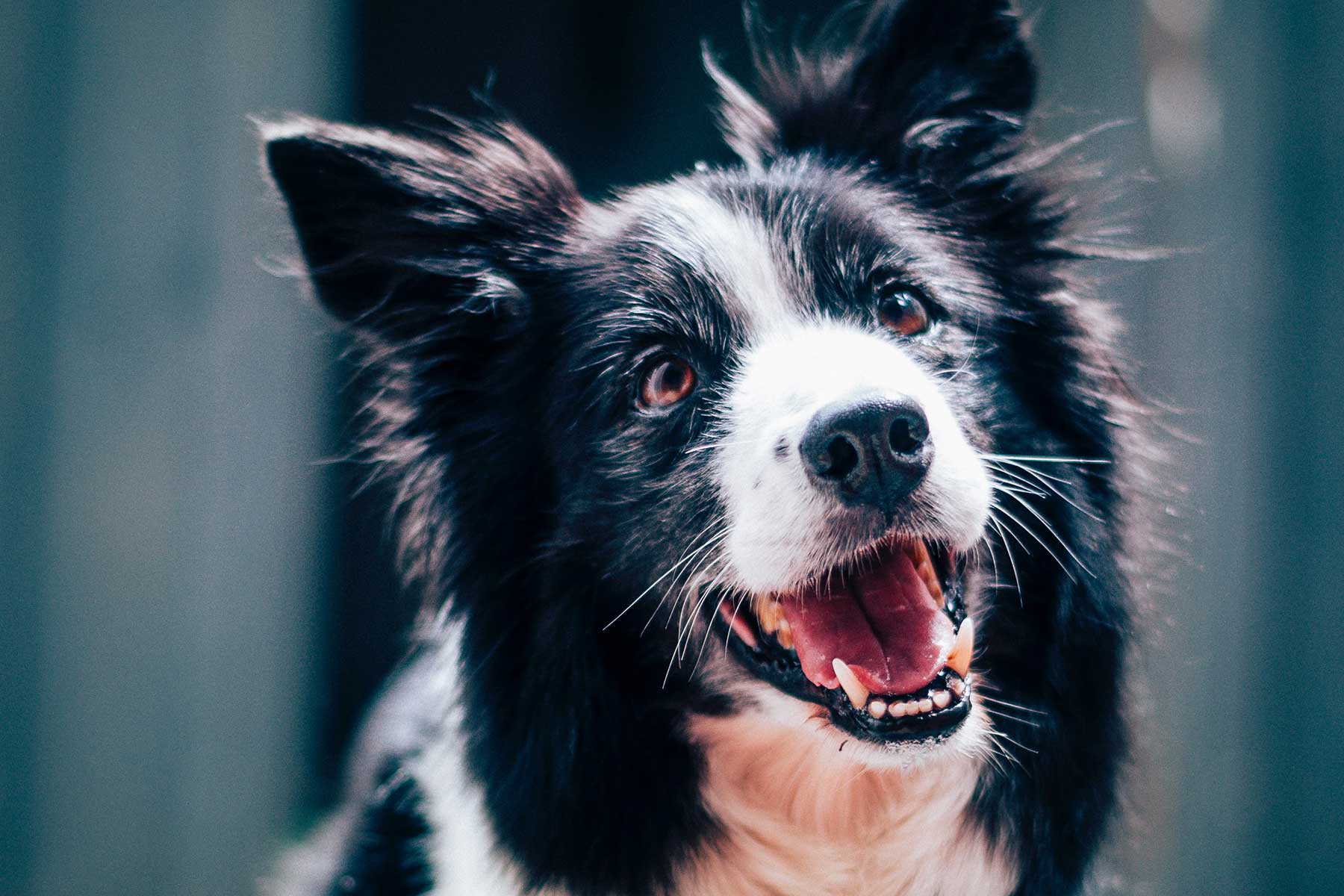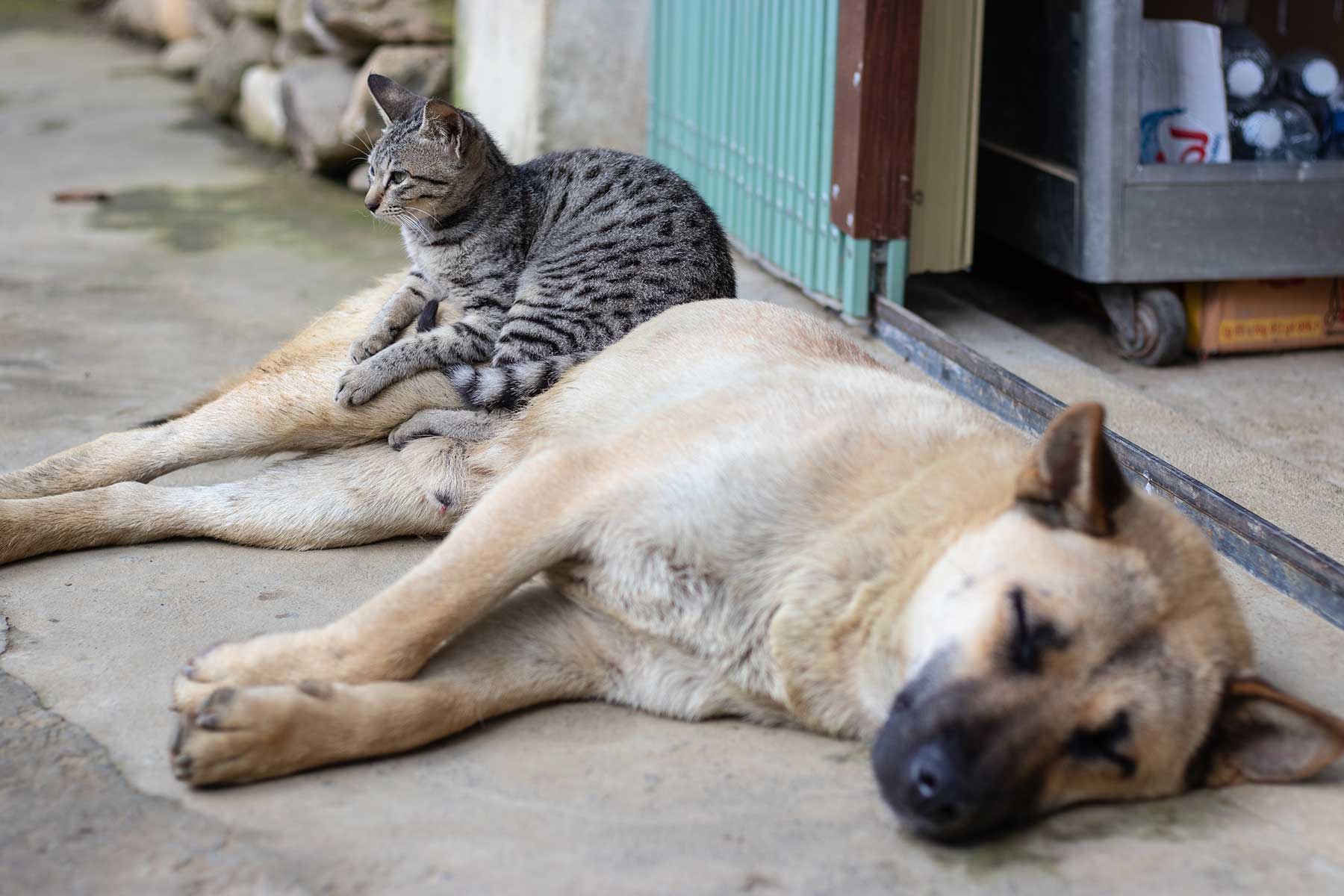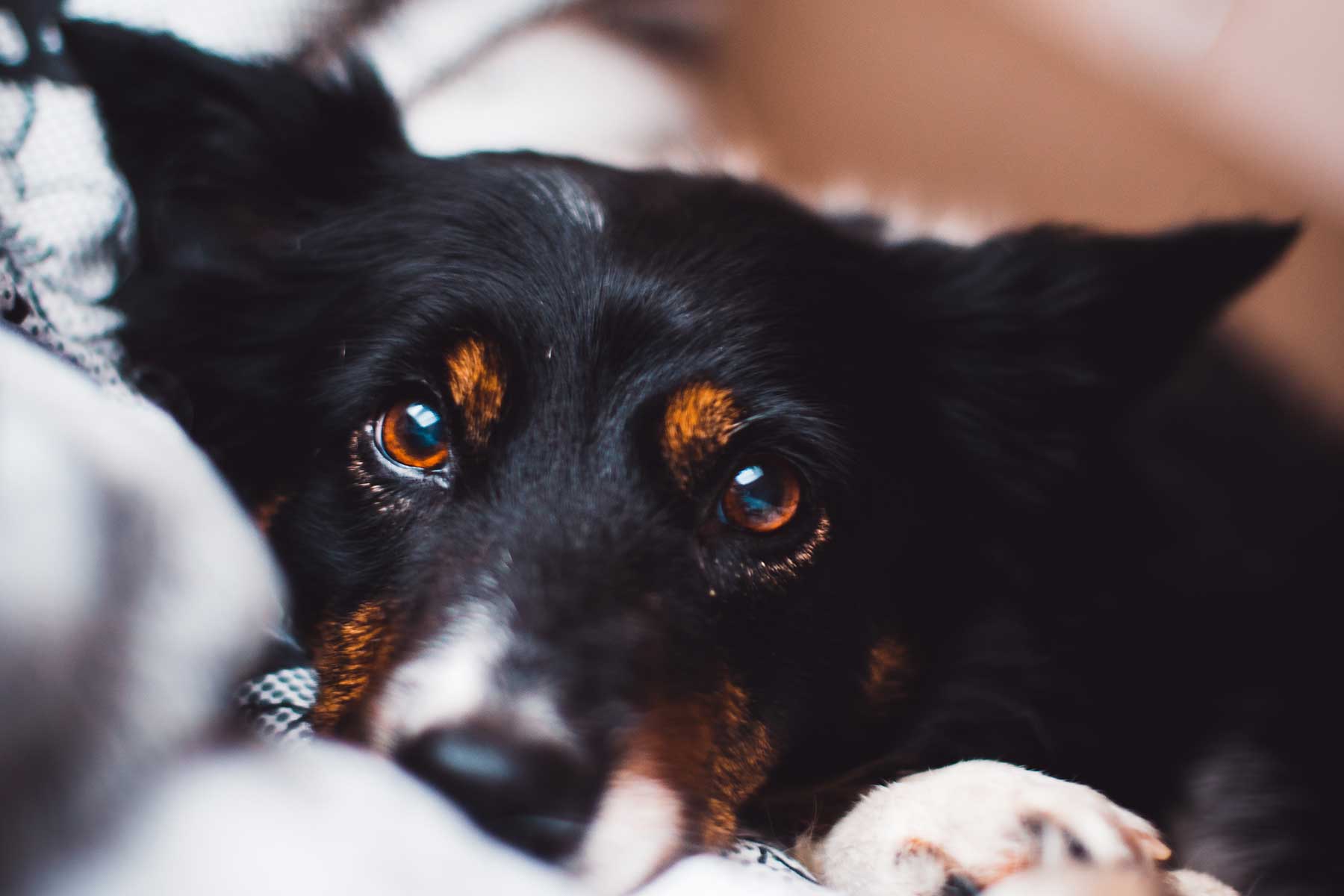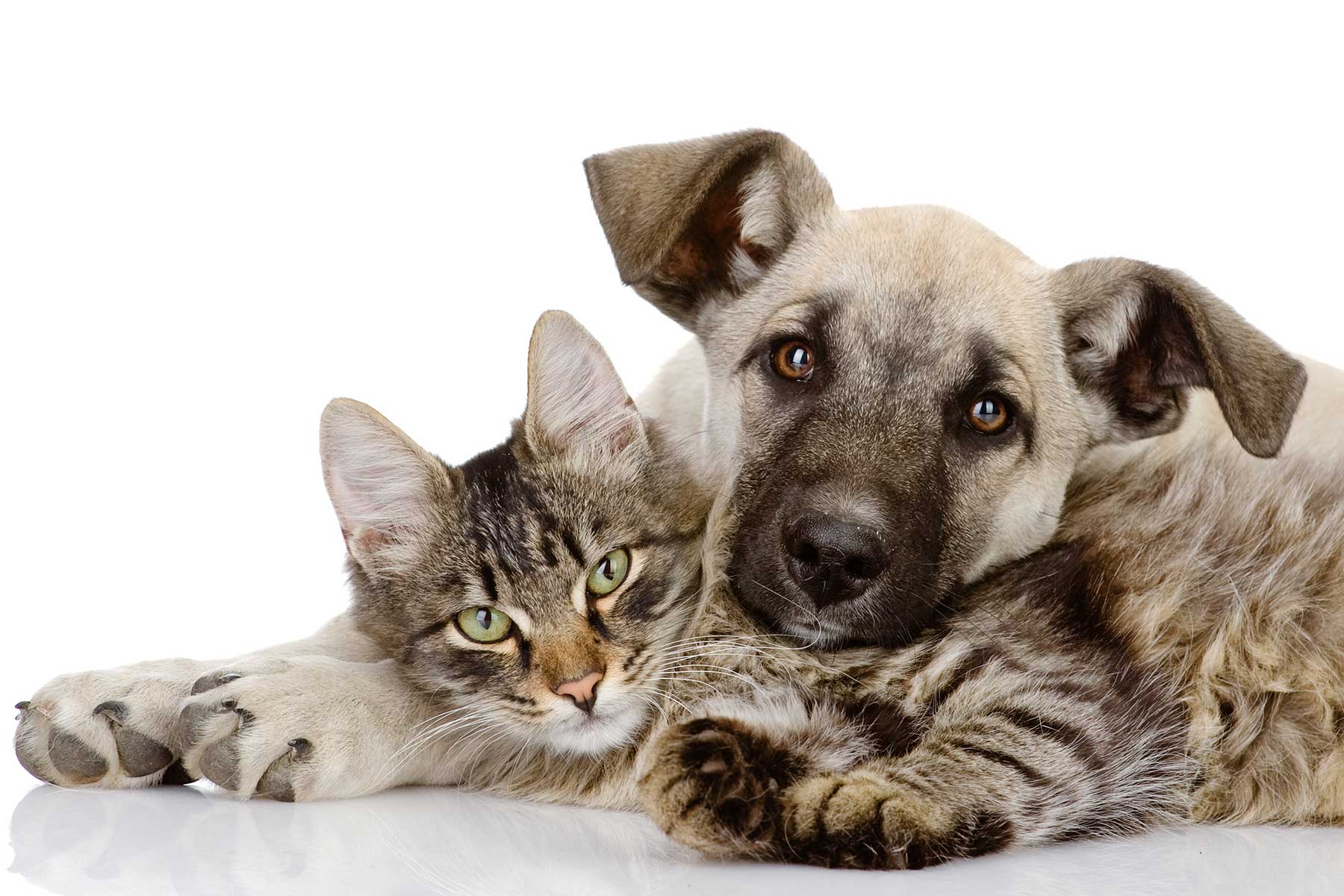When an accident occurs the first thing you can do for your pet is to stay calm. When you are calm, so is your pet. The next step is to stabilise your pet before bringing him/her into see us. Follow these simple first aid steps and give your pet the best chance of recovery.
Wounds and infection
Any break in the skin, such as an abrasion, cut, puncture or penetrating wound is susceptible to bacteria which can cause an infection. Damage to muscles, tendons and other vital structures of the body can also occur with deep wounds.
Stabilising a wound or graze
Wounds may require a thorough flushing using sterile saline, removal of contaminating matter and devitalised (dead) tissue, surgical repair of the wound, specialised wound dressings depending on the type of wound and medication such as antibiotics and pain relief. This must be performed by a veterinarian.
First Aid for simple wounds
- Control bleeding holding a piece of clean material over the site and apply pressure for 3 minutes.
- Flush with saline or clean salty water (1 teaspoon of salt in 600ml of water).
- See your veterinarian.
Bleeding wounds
Contaminated wounds are often caused by motor vehicle accidents or fights with other animals.
First Aid for bleeding wounds
- Take special care, your pet could be experiencing shock. This can lead to uncharacteristic biting or scratching.
- Control bleeding holding a piece of clean material over the site.
- Wrap gauze or other soft material around wound and secure.
- Do not flush the wound as this will only disturb it and make it bleed.
- After 5 minutes apply a sterile/clean dressing over the dressing already applied. Removing the original dressing will disturb the wound and could make it start to bleed again.
- Keep your pet warm by wrapping them in a blanket.
- See your vet – we attend to emergencies immediately. If it is safe to do so, call us on the way so we can be prepared for immediate action and care.
Dog Fights – tips for your safety
- If the dogs are still engaged think safety first.
- Do not use a part of your body to separate the dogs.
- Use a broom handle, a hose, or bucket of water to separate them.
Cat Fights – further information
Unfortunately neighbourhood cat fights frequently occur with one cat always coming off worse than the other. See our detailed story about Cat Wounds and Fighting here


